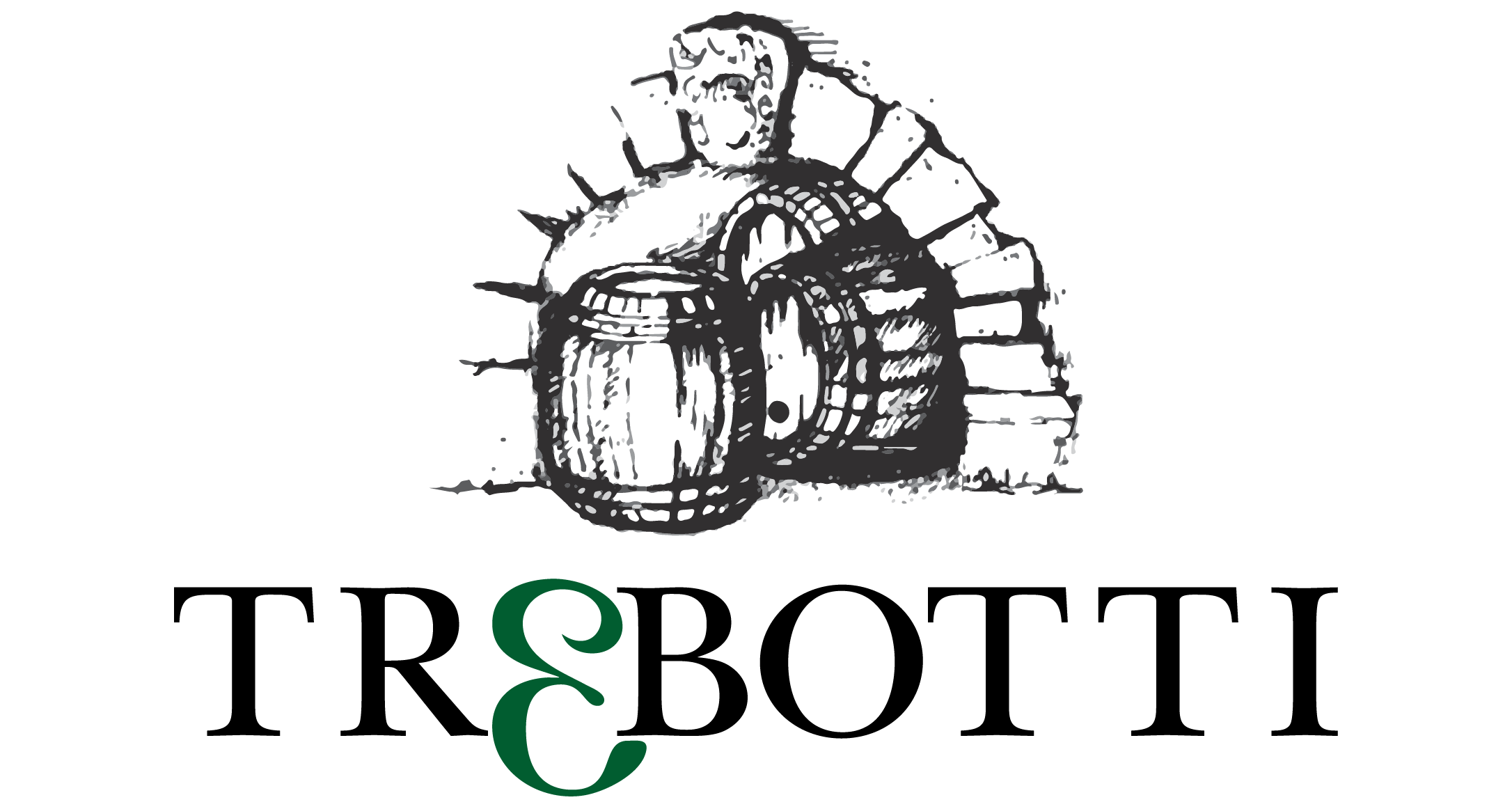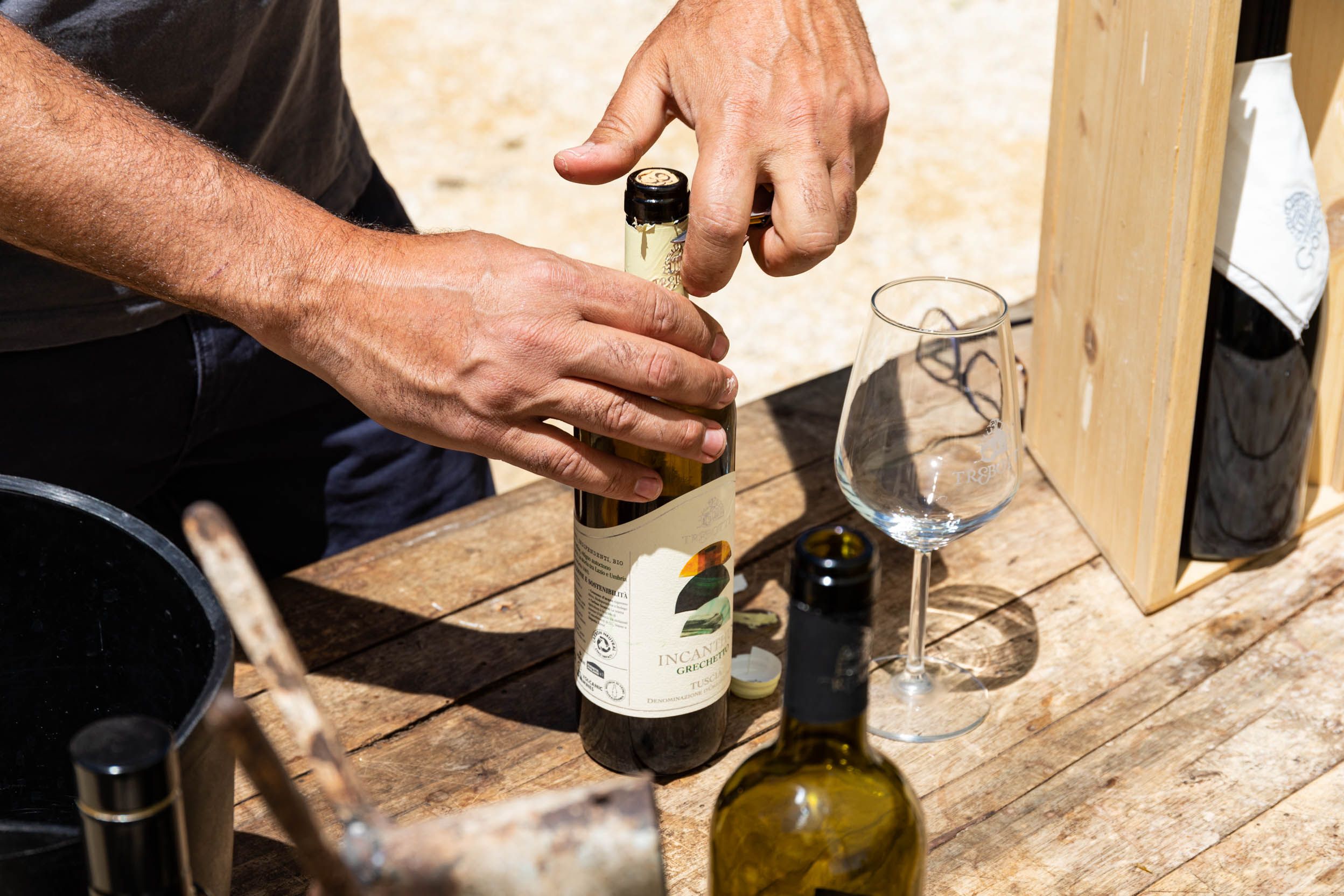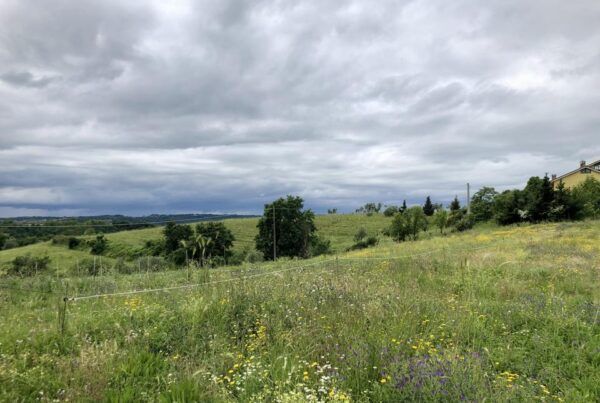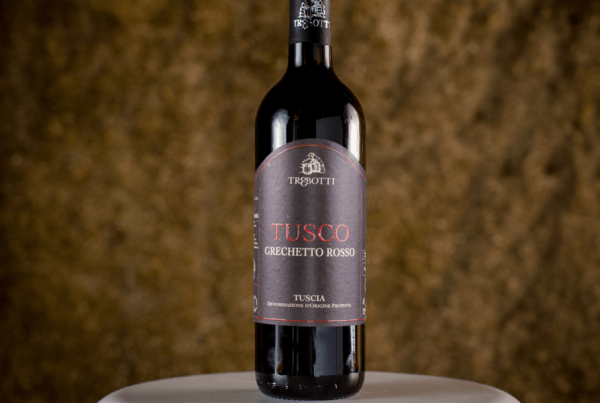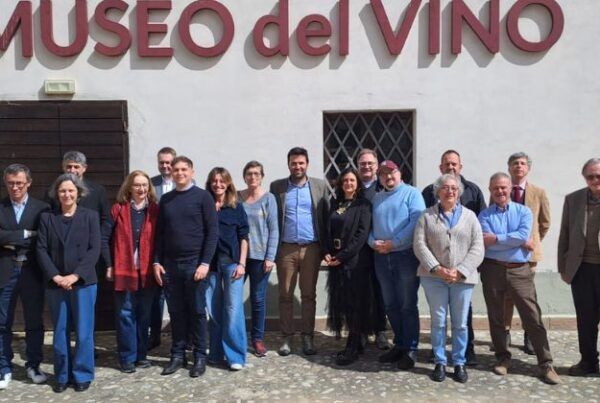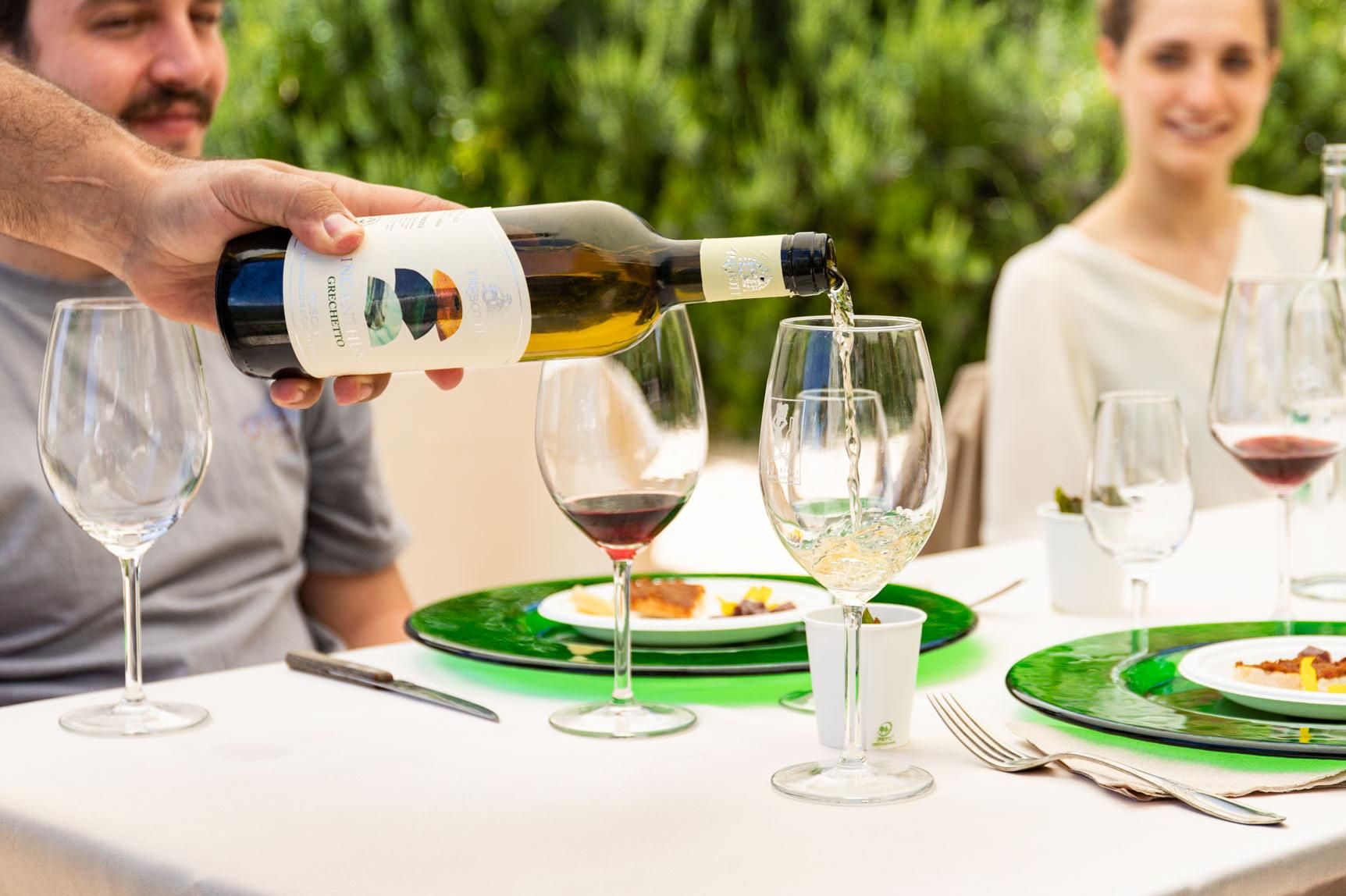
The Trebotti winery in Castiglione in Teverina tells the story of the wine that best represents Tuscia and volcanic wines: Incanthus Grechetto DOP Tuscia Bio.
Minerality, sapidity, longevity — the traits of Tuscia’s prince grape expressed by the volcanic terroir.
What has always distinguished volcanic soils is the abundance of nutrients that make the territory unique.
Despite the risk of living in seismic and volcanic zones, people have always done everything possible to colonize and cultivate these soils to benefit from the wealth of minerals (oxides, silica, noble metals, potassium, etc.).
Volcanic soil guarantees long-term fertility.
Thanks to eruptions and the deposition of ash and lapilli rich in minerals, areas linked to volcanic activity (even dormant, like Tuscia) bring richness and minerality to agriculture and especially to viticulture.
What makes wines produced in volcanic soils unique is not just the fertility but the minerals that enrich the grapes first and then the wines. Not surprisingly, many of the world’s best wines come from volcanic areas — think of the renowned wines of Etna, Stromboli, Vesuvius, or Soave. This is one of the main reasons that led the three Botti brothers in 2003 to build their sustainable family winery in Castiglione in Teverina, on the slopes of the Vulsini mountains, the volcanic complex of Lake Bolsena (the largest volcanic lake in Europe).
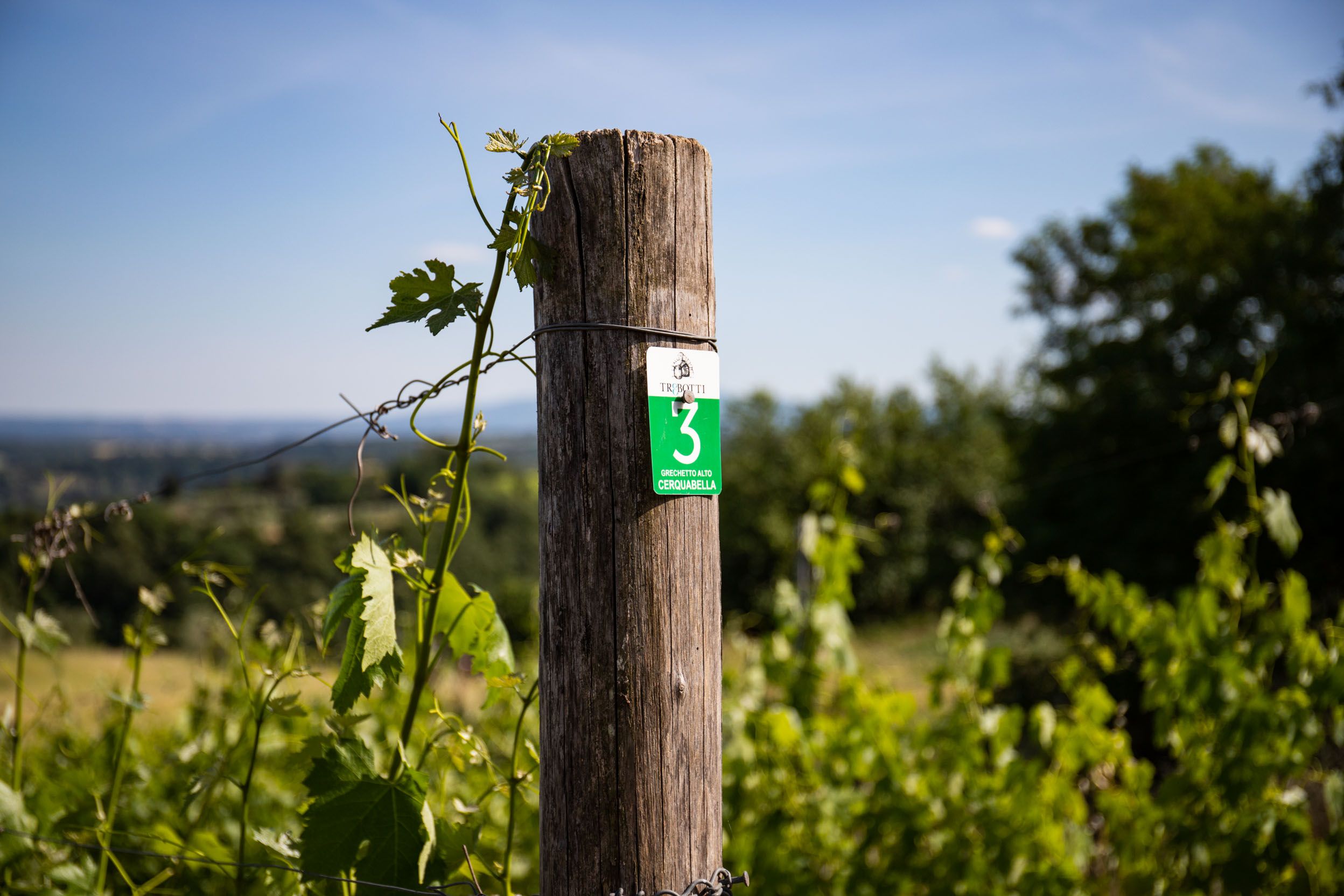
One can truly say that the winery is immersed in the volcano: the cellar is underground, carved into the tuff (low landscape impact and natural insulation) and in the Etruscan tomb where the sparkling wine matures, you can travel back in time and see evidence of Bolsena’s volcanic activity from hundreds of thousands of years ago. The cave walls show the layers of lapilli and ash, proof of three explosive eruptions: 850,000, 330,000 and the last (so far) about 250,000 years ago. Geologically speaking, these are among the most recent eruptions, making the soil especially nutrient-rich.
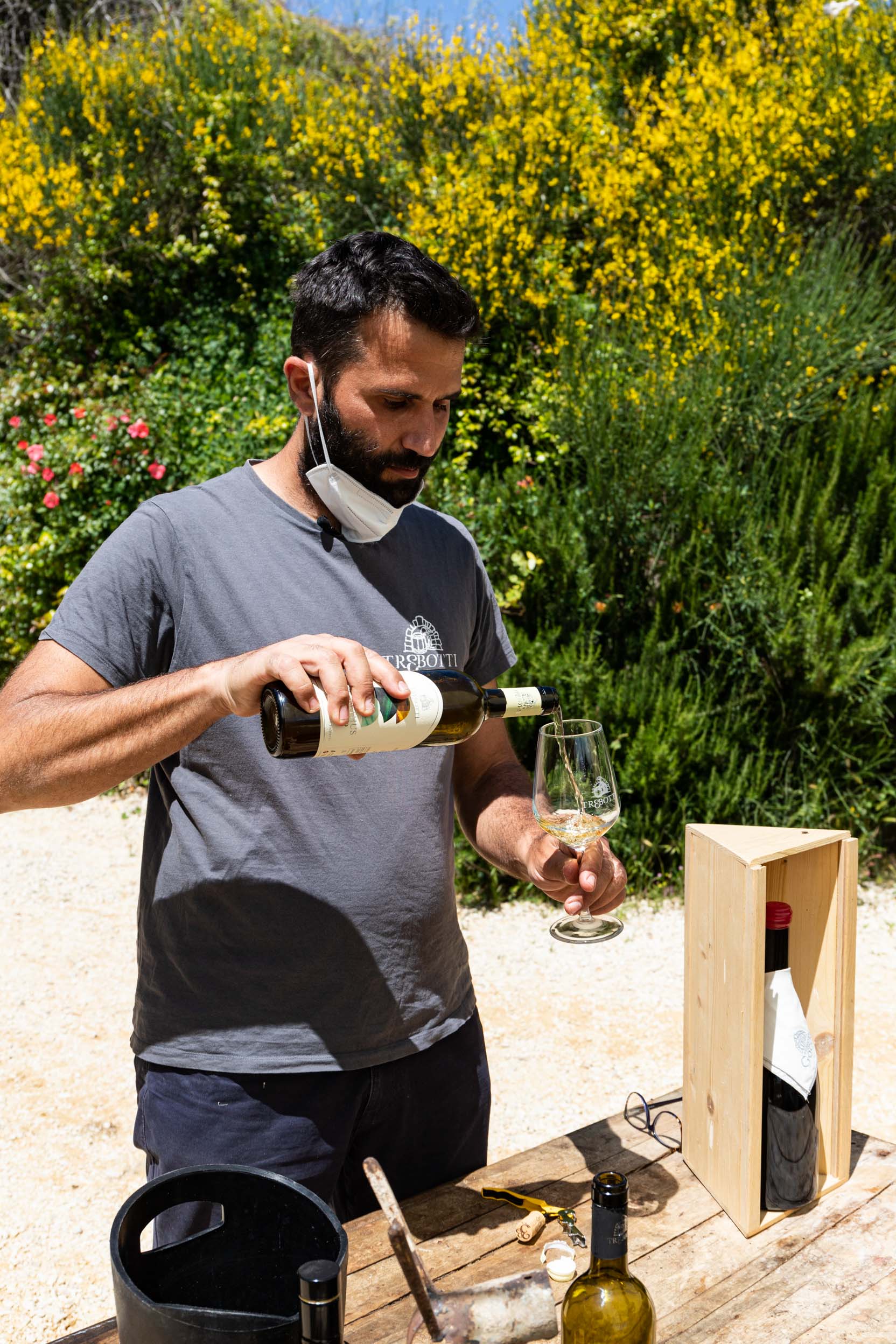
The ecosystem balance and biocenosis (the biological community of plants and animals living together) fostered by organic farming make this terroir unique, enriched by the mineral complexity of the volcanic soils. All [Trebotti](https://www.trebotti.it/it/) organic wines show minerality and sapidity, giving them structure, richness and persistence. But the wine that best represents this and is Trebotti’s flagship within the **Volcanic Wines** association is **Incanthus – GRECHETTO DOP Tuscia Bio**. The harvest, as with all Trebotti wines, is done entirely by hand and fermentation takes place in steel. The grapes grow in the Cerquabella vineyard, named after an ancient oak tree (cerqua in local dialect) that dominated the area until about 30 years ago. **100% Grechetto**, the prince grape of Tuscia and neighboring Umbria. **This wine expresses the full power of the tuff, ash and volcanic lapilli, delivering minerality and sapidity.**
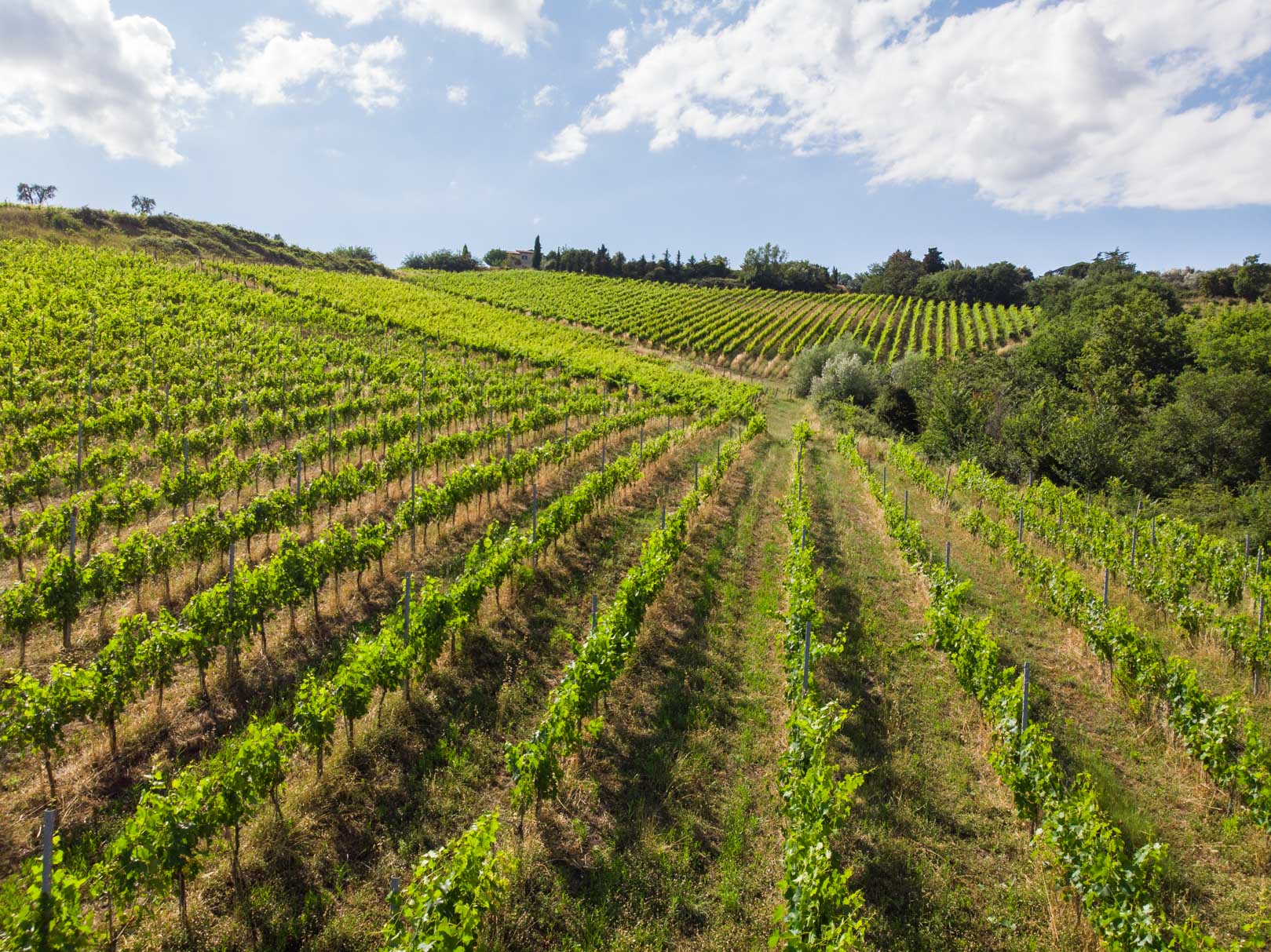
It’s not true Grechetto without a slightly “amaricante” (pleasantly bitter) finish! This term was probably coined for Grechetto by the renowned food and wine expert Carlo Zucchetti, who for years has organized Italy’s most important Grechetto event: “Nelle Terre del Grechetto” in Civitella d’Agliano.
This grape isn’t very aromatic but, when grown on volcanic soil (and well managed), develops a unique signature: a delicate bitter finish due to catechins in the grape skins. If mismanaged, these can make Grechetto wines too bitter. Trebotti’s skill lies in balancing the soil’s mineral complexity with the grape’s nature, producing the gentle “amaricante” note.
Incanthus Grechetto DOP Tuscia Bio 2020 starts off sapid, gains body, and reveals the volcano’s minerality, finishing with a pleasant bitterness that stimulates the palate and makes you want another glass — paired with Tuscia’s flavorful cuisine. **Versatile:** great for a refreshing aperitif, any fish dish, shellfish (try it with “sbroscia” from Lake Bolsena to match volcanic wine with volcanic fish!), white meats, or winter soups and legumes.
The volcano doesn’t just shape its taste — it also gives Incanthus remarkable aging potential thanks to natural antioxidants, allowing very low sulfite use (less than one-third of conventional limits).
Recently, [Trebotti](https://www.trebotti.it/it/), during an **EcoWineExperience day with the winemaker**, hosted vertical tastings so guests could try different vintages (made since 2005), and they were always impressed — many stocked up on older bottles. Great white wines, especially from volcanic soils, can age beautifully just like reds. Grechetto-Incanthus is living proof.
It’s a wine that tells the story of this land in a three-dimensional way — telling of the landscape, climate, and Tuscia’s traditions but also its past, its subsoil, and the environment as it was and is today.
